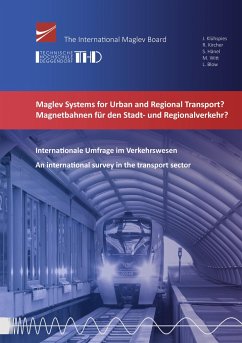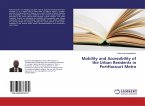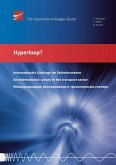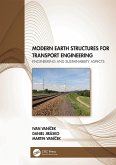The question of whether or not to innovate urban maglev systems will depend on factors such as operational advantages, environmental impact, investment and operating costs, social acceptance and, above all, the specific transport needs of the city or region concerned. Only if urban maglev systems offer clear advantages over existing conventional transport systems, such as local wheel-rail trains, regional trains, metros, trams and buses, will they be able to establish themselves in the transport market. The study shows how the international transport industry assesses the competitiveness of urban and regional maglev systems in comparison with established passenger and freight transport systems. ------------------------------------------------------------------- Die Einführung und Verbreitung von Magnetbahnsystemen in Städten und Regionen wird unter anderem von Faktoren wie betrieblichen Vorteilen, Umweltauswirkungen, Investitionskosten, Betriebskosten, gesellschaftlicher Akzeptanz und vor allem von den spezifischen Verkehrsbedürfnissen der jeweiligen Stadt oder Region abhängen. Urbane Magnetbahnsysteme werden sich nur dann auf dem Verkehrsmarkt etablieren können, wenn sie gegenüber den bestehenden konventionellen Verkehrssystemen wie Rad-Schiene-S-Bahn, Regionalbahn, U-Bahn, Straßenbahn und Bus deutliche Vorteile bieten. In dieser Studie wird die Einschätzung der internationalen Verkehrswirtschaft zur Wettbewerbsfähigkeit von Magnetschwebebahnen im Vergleich zu den etablierten Systemen des Personen- und Güterverkehrs dargestellt.
Hinweis: Dieser Artikel kann nur an eine deutsche Lieferadresse ausgeliefert werden.
Hinweis: Dieser Artikel kann nur an eine deutsche Lieferadresse ausgeliefert werden.








